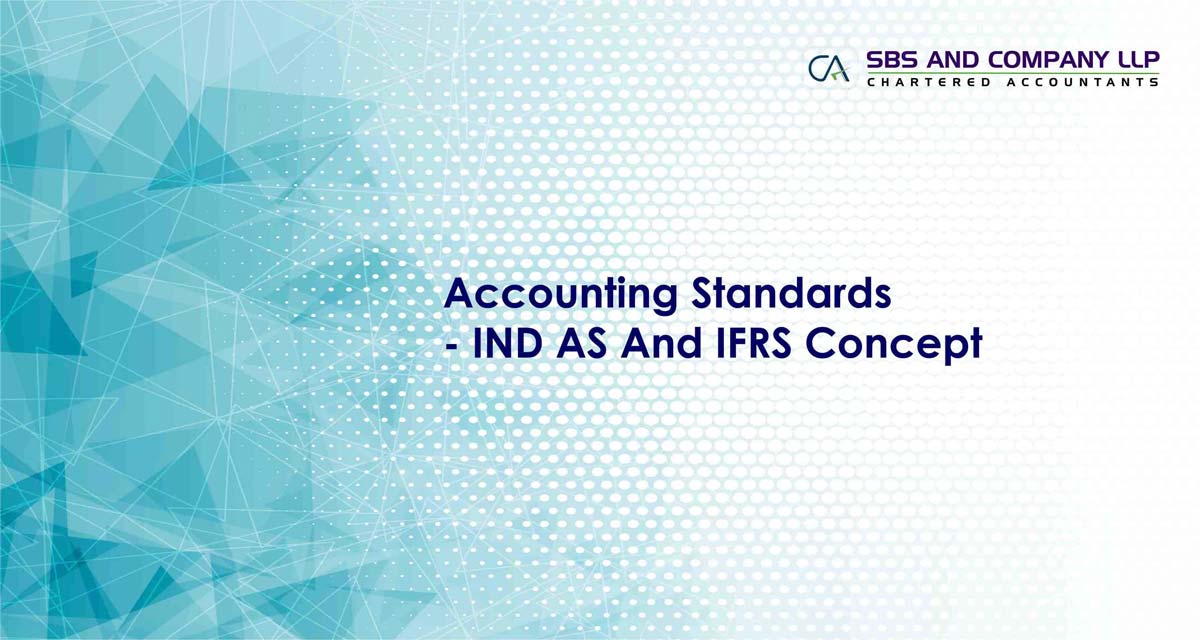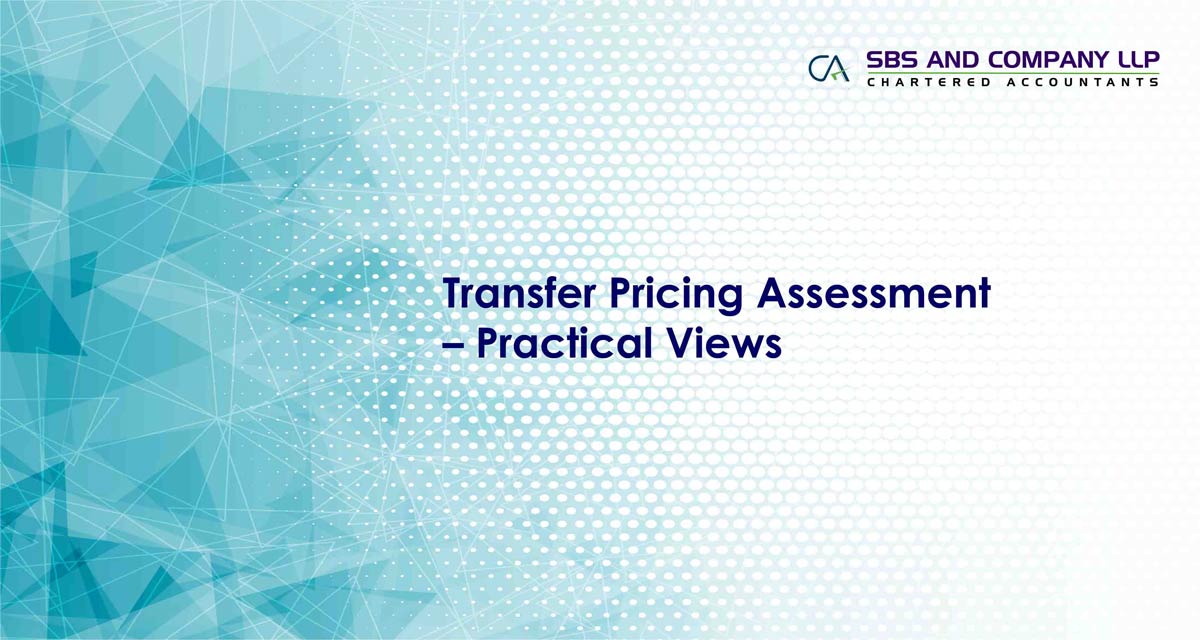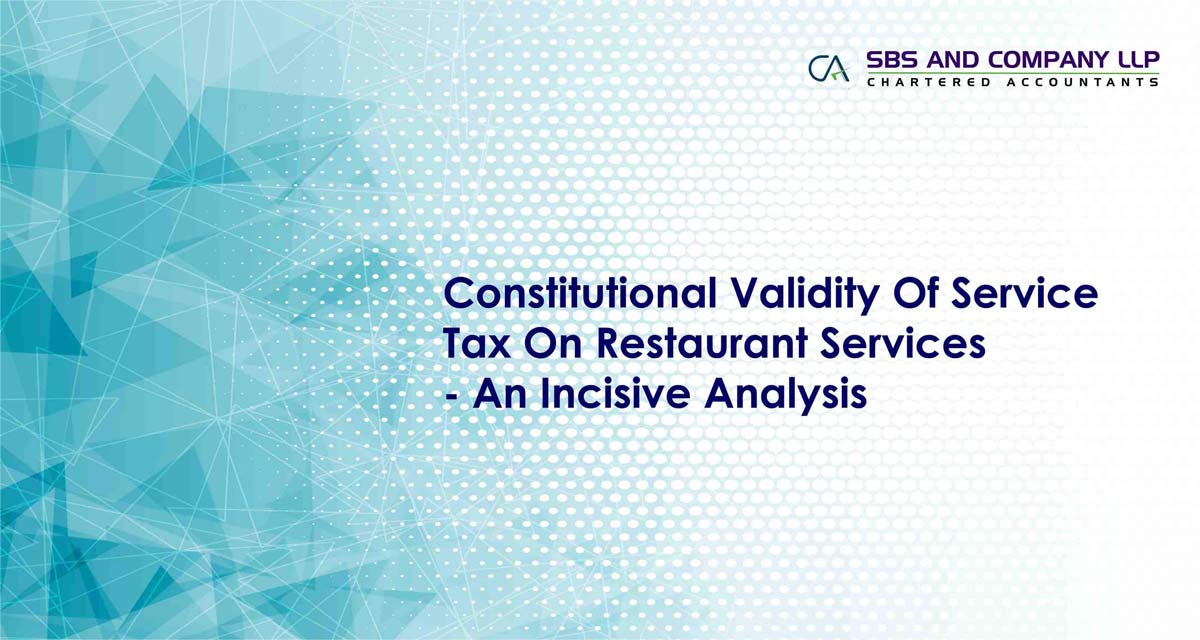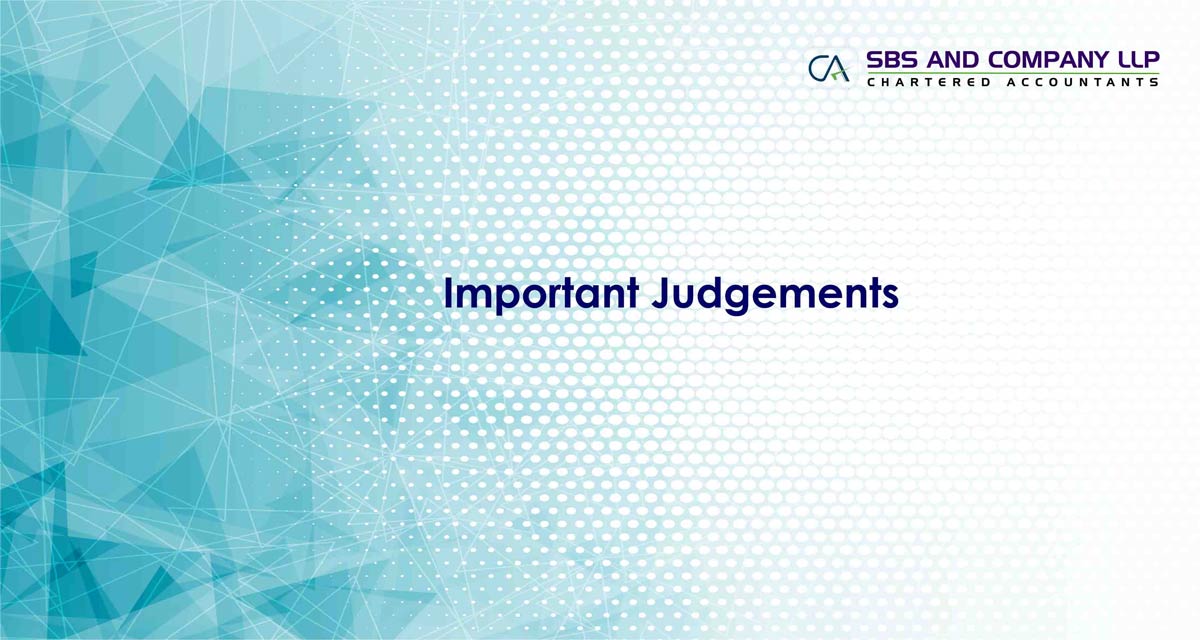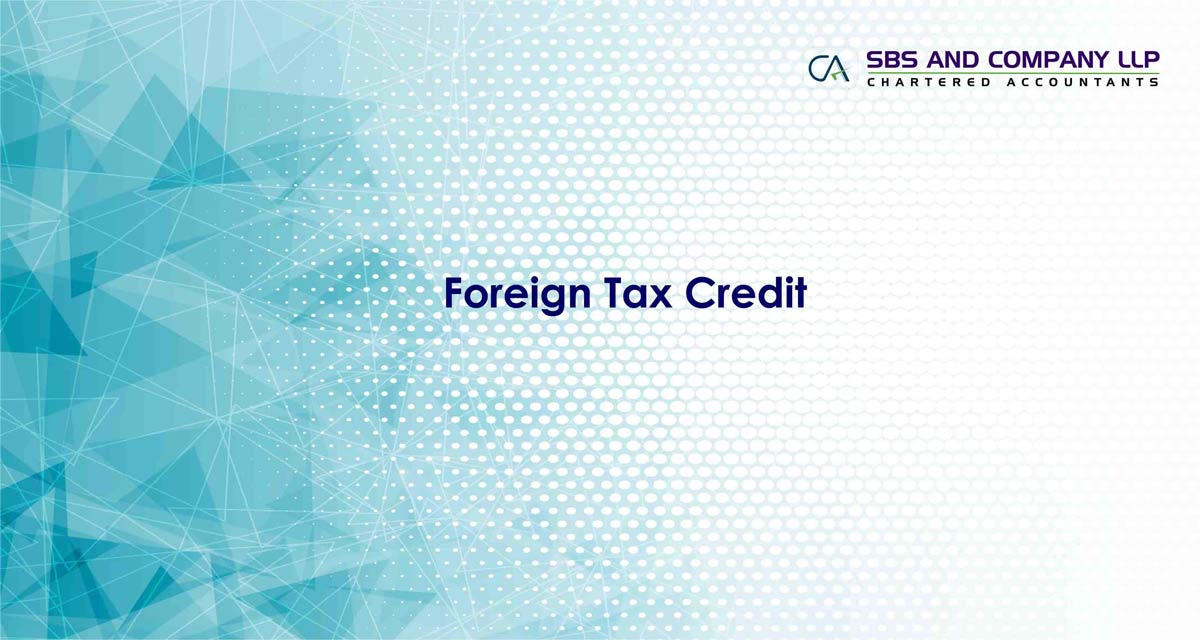What and Why Ind AS:
To know what and why Ind AS, we need to first understand what and why IFRS: IFRS (International Financial Reporting Standards)
International Financial Reporting Standards (IFRS): International Financial Reporting Standards (IFRS) are designed as a common global language for business affairs so that company accounts are understandable and comparable across international boundaries. They are a consequence of growing international shareholding and trade and are particularly important for companies that have dealings in several countries.
According to the U.S. Securities and Exchange Commission. IFRS are used in many parts of the world, including the European Union, India, Hong Kong, Australia, Malaysia, Pakistan, and GCC countries, Russia, Chile, South Africa, Singapore and Turkey. As more than 113 countries around the world, including all of Europe, currently require or permit IFRS reporting and 85 require IFRS reporting for all domestic, listed companies
Advantages of IFRS
Most important advantage of presenting financials per IFRS offers comparability. With India being an emerging market, such presentation provides an advantage.
Securities & Exchange Commission (SEC), USA has also permitted filing of IFRS- compliant financial statements without requiring presentation of reconciliation statement between US GAAPs and IFRSs.
Why in India
There has been academic research about the benefits of IFRS to reduce capital costs in Europe. And here, we are speaking about mature economies.
For emerging economies like India, the impact will be even bigger. And that is why countries like Brazil or Korea have decided to adopt IFRS. The Indian stock markets already have a high percentage of foreign owners, that might further increase and the ratios may get better.
If one looks at the extent of foreign institutional investors (FII) and foreign direct investment (FDI) that is coming into the country, today most of them are forced to rely on Indian Generally Accepted Accounting Principles (GAAP) which all of them know are very different from the international standards.
The moment companies start reporting under Ind-AS or IFRS, the overall confidence in the quality of financial reporting will go up significantly and therefore, the risk premium otherwise getting attached or even the discount getting attached to the reported earnings of the companies will go off.
This will ultimately result in lowering the cost of capital. Road Map for implementation of IFRS
India decided to converge and not adopt IFRS in toto.
Adoption means application of IFRS issued by IASB as it is in toto. Convergence, on the other hand, means using IFRS issued by IASB with some carve in and carve outs.
The IFRS converged standards notified in India are Ind AS (Indian Accounting Standards), which are notified by MCA on 16 Feb 2015.
On 16 Feb 2015, MCA notified 39 Ind AS along with implementation roadmap, which is going to be phase wise as given below.
(a) Early adoption permitted voluntarily from 1April 2015, with one year comparative.
(b) Phase I applicable from 1st April 2016 onwards to
- Listed & Unlisted Companies having net worth *=> 500 crores
- Holding, Sudsy, JV or Asso of above
(c) Phase 2 applicable from 1st April 2017 onwards to
- Listed companies having net worth* less than 500 cr
- Unlisted companies having net worth*>=250 cr but less than 500 cr
- Holding, Subsy, JV and Associates of above.
For companies covered in the first phase of the road map following are the alarming dates:
Transition date (1st Apr 2015) - Companies have to prepare Opening Balance sheet as per Ind AS.
Ø Adoption date (1st Apr 2016).
Ø Reporting Date (31st Mar 2017) - Full-fledged Ind AS financials with comparative needs to be prepared.
Note:
- Companies have to continue reporting their financials as per existing AS for the year ending 31 Mar 2016.
- Such companies need to compile their financials as per Ind AS also for year ending 31 Mar 2016 being comparative period for 31 Mar 2017.
* Net worth has same meaning as defined in section 2(57) of companies Act, 2013
Deliverables in Ind AS regime:
As part of Ind AS transition process, companies covered in first phase will have to prepare:
Ø Opening Ind AS Balance sheet as at 1st April 2015.
Ø Equity reconciliation between Ind AS and Indian GAAP on 1stApril 2015 & 31s tMar 2016.
Ø Income Reconciliation between Ind AS and Indian GAAP for the year ending 31st Mar 2016.
Ø Ind AS financial statements as at and for the year ending 31st Mar 2016 for comparative.
Ø Ind AS Financial statements as at and for year ending 31st Mar 2017.
Ind AS financial statements includes following deliverables:
Balance Sheet
Statement of profit or loss and other comprehensive Income
Statement of changes in equity
Statement of cash flows
Notes including significant accounting policies and other explanatory information to the accounts.
Interesting to know:
Ø The Insurance, Banking and NBFC companies shall not be required to apply Ind AS either voluntarily or mandatorily as per notified roadmap.
Ø Companies that are listed or in the process of listing in SME exchanges are exempt from implementation roadmap.
Ø Net worth for the purpose of applicability needs to be checked on Mar 31st, 2014 on the basis of audited standalone financials or after first audited accounting period.
Ø Ind AS will apply to both Consolidated as well as standalone financials of the company.
Ø Ind AS once adopted either voluntarily or mandatorily cannot be revoked in prospective years even in case of net worth goes down from specified limit or any other criteria given in roadmap.
Practical issues /FAQ’s:
- What will be the applicability date if the company has a year ending other than 31st March? Sol. Ind AS applicability is decided based on the beginning of the financial year and not its end.
Explanation: To comply with the companies Act 2013 requirement concerning uniform financial year, a company prepares 15-month financials starting 1st April 2015 to 31st March 2016. Following table helps to decide the applicability of IND AS.
|
Year End |
Voluntary Phase |
Mandatory Phase 1 |
Mandatory Phase 2 |
|
|
Ind AS applicability for financial years beginning |
||
|
31st December |
1st Jan 2016 |
1st Jan 2017 |
1st Jan 2018 |
|
30th June |
1st July 2015 |
1st July 2016 |
1st July 2017 |
|
30th September |
1st Oct 2015 |
1st October 2016 |
1st October 2017 |
- Whether IND AS should be applied only to CFS or should it be applied to stand alone financials correspondingly.
Sol. In accordance with the final road map notified under the Companies Act 2013, companies need to apply both at the SFS and CFS level. This will help users understand the financials better. Moreover, Section 129(3) of Companies Act 2013 requires the CFS to be prepared in the same form and manner as company’s SFS.
- Can a company choose to apply certain standards of IND AS and continue with GAAP with respect to other disclosures?
Sol. No. A company who wishes to voluntarily adopts IND AS, need to apply either adopt IND AS or 2006 AS in its entirety. Companies are not allowed to mix between the two different sets of standards.
- Does the requirement to include subsidiaries, JV’s for adopting the IND AS extends to Indirect/stepdown subsidiaries?
Sol. Yes. The term subsidiary per companies Act 2013 and accounting standards include direct as well as indirect /step down subsidiaries.
- Does the requirement to include subsidiaries, JV’s for adopting the IND AS extends to Indirect/stepdown subsidiaries even when the parent has voluntarily adopted IND AS and not by virtue of applicability criteria i.e., net worth?
Sol. No and Yes. Using the strict definition, its no, since the parent is not required to adopt by virtue of applicability criteria-net worth But from practical stand point, it is required to adopt since, these subsidiaries/JV’s need to provide IND AS group reporting package to facilitate preparation of IND AS CFS by the company which has adopted IND AS – even if voluntarily.
- Are IND AS applicable to venture capital funds(VCFs) and mutual funds (Mfs)? Sol. No.
The road map is clear that it applies to companies. For VCFs and MFs the Securities Exchange Board of India (SEBI) will lay down conversion road map separately.
- Is interim financial information required to be Ind- AS Compliant?
Sol. Yes.
As per clause 41 of the listing agreement currently requires that quarterly and year to date results should be prepared in accordance with recognition and measurement principles laid down in AS 25 Interim Financials Reporting notified under the Company rules, 2006. Once company starts using IND AS for annual financials statements, it will be expected that the company use same standards for quarterly reporting.
This poses a practical difficulty for the first year of adoption in terms of comparatives. Since the interim financials are prepared in comparison with the previous years financials – which are presented in Indian GAAP, a lot of information and explanations need to be provided to make the numbers comparable.
This article is contributed by Partners of SBS and Company LLP - Chartered Accountant Company. You can be reached at This email address is being protected from spambots. You need JavaScript enabled to view it.


